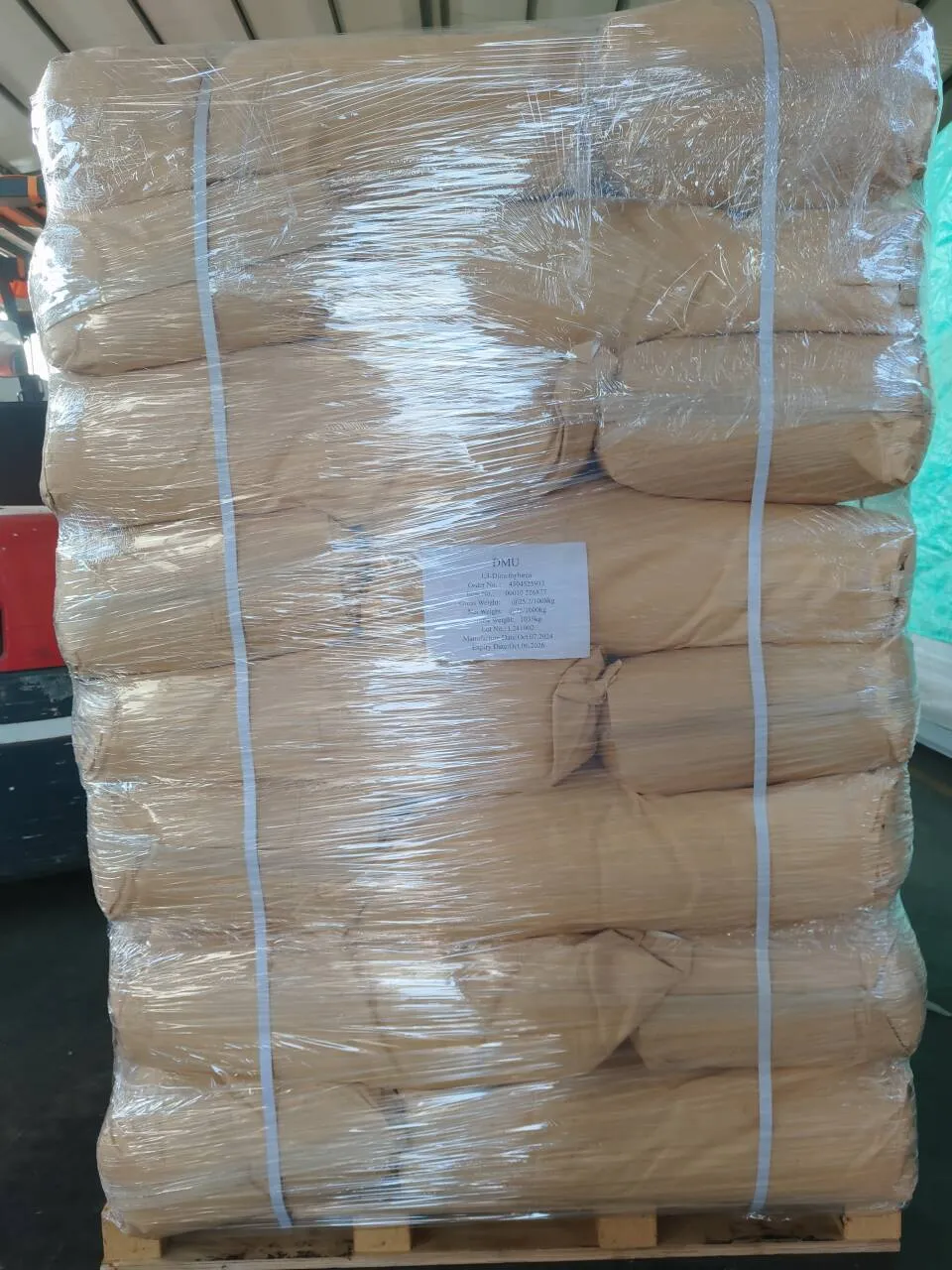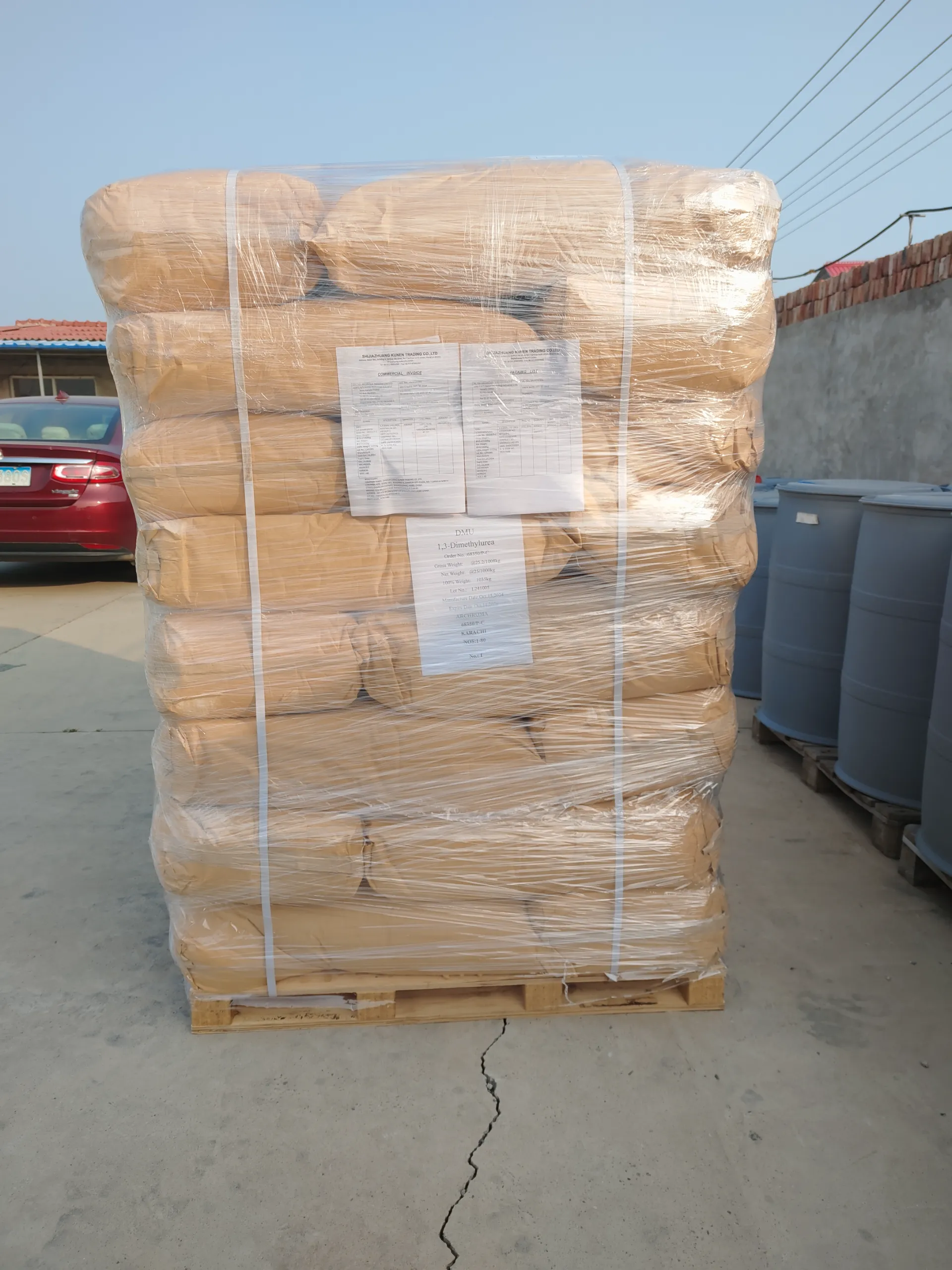what are the chemicals used in etp
Effluent Treatment Plants (ETPs) play a critical role in the management of industrial waste water, ensuring that harmful contaminants are removed before the water is discharged back into the environment. The chemicals used in ETPs are central to the treatment process, each serving a specific function that contributes to the overall efficiency and effectiveness of the system.
Chemical coagulants are among the key components utilized in ETPs. They function by neutralizing charges and destabilizing colloids present in the waste water, leading to their aggregation into larger particles. The most commonly used coagulants include aluminum sulfate, ferric chloride, and polyaluminium chloride. These compounds are selected based on the specific characteristics of the effluent being treated, ensuring optimal particle removal and clarity in the treated water.
Flocculants follow coagulants in the treatment sequence and aid in the aggregation of the destabilized particles into larger flocs. By facilitating this agglomeration, flocculants manage to expedite the sedimentation process. Polymers such as polyacrylamide are popular choices, with formulations made to suit the varying needs of different industrial effluents. The application of these chemicals not only enhances the sedimentation process but also improves the overall solidity retention characteristics of the treatment system.
Neutralization agents are imperative for correcting the pH levels of waste water, averting the harmful effects of extreme acidity or alkalinity. Commonly used neutralizers include sodium hydroxide, sulfuric acid, and lime. The selection of a neutralization agent depends on the pH adjustment requirement of the influent, which plays a crucial role in protecting both the processes within the ETP and the aquatic life in environments receiving the treated effluent.
Biocides are employed to eliminate or inhibit the growth of harmful microorganisms within the treatment plant. Such growths can not only degrade the quality of treated water but can also damage the infrastructure of the treatment facility. Chlorine, sodium hypochlorite, and other oxidizing agents are typically employed for microbial control. These compounds must be used with caution, as excessive application can lead to the formation of undesirable byproducts.what are the chemicals used in etp
Defoamers play an instrumental role in maintaining operational efficiency at ETPs by preventing the formation of foam that can disrupt treatment processes. Silicones and other oil-based compounds are often used as defoamers, ensuring the smooth operation of treatment processes without the hindrance of excessive froth.
Odor control chemicals are essential in ETPs to manage and mitigate the unpleasant odors that can emanate from the processing of effluents. Compounds such as activated carbon and certain oxidizing agents are effective in neutralizing odorous gases, thereby maintaining a more pleasant working environment and reducing potential complaints from nearby communities.
Advanced treatment stages may also involve the use of activated carbon and other adsorbents to refine the effluent further before discharge. Activated carbon is especially adept at removing residual organic compounds and micropollutants, ensuring that even the strictest environmental standards for discharge are met.
The choice and implementation of chemicals in ETPs necessitate a highly specialized understanding of both chemical behaviors and regulatory constraints. Continuous monitoring, evaluation, and adjustment of chemical usage in ETPs are vital to their effective operation, safeguarding environmental sustainability and operational efficacy.
Professionals in the domain of wastewater treatment not only bring their expertise in chemistry but also leverage cutting-edge technologies and strategies to optimize the use of chemicals in ETPs. This partnership between human expertise and technological innovation is essential for the continued evolution and effectiveness of effluent treatment systems across diverse industrial applications.
More product recommendations



